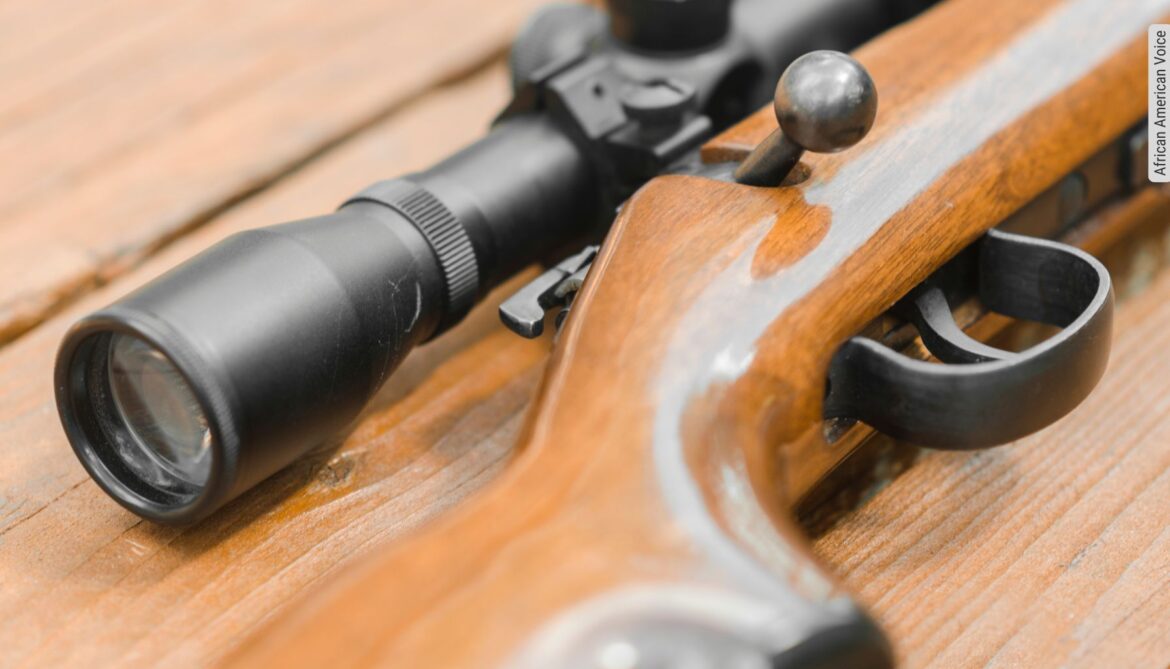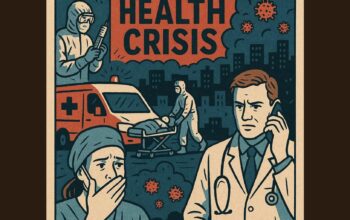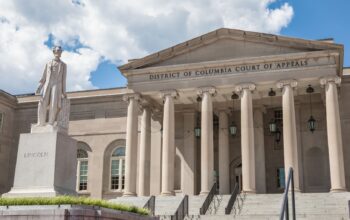U.S. Attorney Jeanine Pirro has announced that her office will no longer pursue felony charges against individuals in Washington, D.C. solely for carrying registered rifles or shotguns.
While the decision is supposed to direct focus away for legal gun carriers, for African Americans and other minorities in the District, the policy shift has sparked unease.
The U.S. attorney’s announcement, revealed on Aug. 19, comes in response to Supreme Court rulings that expanded Second Amendment protections and linked firearm regulations to historical precedent.
Pirro said prosecutors would continue to target violent crime and illegal gun trafficking but would not move forward with stand-alone charges for registered long guns.
That means residents who legally own rifles or shotguns will not face felony prosecution simply for carrying them in public.
“Criminal culpability is not determined by the instruments people employ but by the intent and conduct of the actor,” Pirro said in a statement.
Concerns in Black Communities
For African Americans and other minorities in the District, the policy shift has sparked unease. D.C. is a majority-Black city where gun violence disproportionately impacts Black residents, and many fear that loosening enforcement will create new dangers.
“Every time they change the rules, it feels like our neighborhoods pay the price,” said Marcus Hill, a lifelong Southeast resident. “We already deal with more guns on our blocks than anywhere else. Now they’re telling people it’s fine to carry long rifles around? That doesn’t make me feel safer.”
Others worry that while registered gun owners may avoid prosecution, Black men remain far more likely to be arrested for unregistered possession or prior convictions.
“They say it’s about rights, but those rights don’t seem to apply equally,” said Michelle Dodson, a single mother in Northeast. “My son gets stopped for walking home at night, and I’m supposed to believe this won’t just give police another excuse to hassle us?”
A City on Edge
The announcement also comes during a period of heightened federal enforcement across the District.
Union Station has several members of the National Guard stationed out front, while outside of Nationals Park, Humvees and other military vehicles and soldiers join MPD and federal officers eyeballing spectators this week.
Restaurants and small businesses report steep drops in customers since the crackdown began, while many Black and Latino residents say they feel singled out during mass police sweeps.
“I don’t know anyone who feels safer,” said community activist Sincere Thomas. “What I hear from people is fear — fear that more guns in public will make disputes deadlier, and fear that federal agents in our neighborhoods will only mean more arrests for us.”
What Comes Next
The effect of Pirro’s decision will depend on how the policy is carried out on the ground and whether it deepens racial disparities in enforcement.
For many in D.C., the question is not about abstract constitutional rights but about survival in neighborhoods where the consequences of gun policy are lived daily.
“They can say this is about freedom, but for us it feels like a setup,” Thomas stated. “We’re the ones who always end up paying the cost.”
Source: Published without changes from Washington Informer Newspaper




